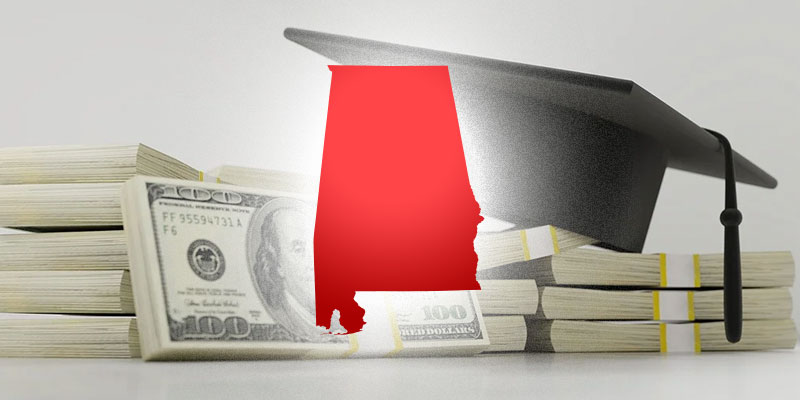The Johnson Center and the American Institute for Economic Research recently held a conference on “The Future of Higher Education.” Today I will share some of the insights from this event.
Higher ed faces a crossroads if not a crisis. As Purdue University president and former Indiana governor Mitch Daniels noted, only college has experienced steeper price increases than healthcare. Student loans now total $1.9 trillion, and politicians call for forgiveness. Radical, woke professors alienate many Americans.
Two societal factors increase the challenge. The first is a declining pool of traditional college age students. The second is an extremely tight labor market encouraging employers to hire applicants without college degrees. And the COVID pandemic has created uncertainty regarding students’ continued interest in the traditional college experience.
Speakers addressed two questions: Will higher education survive? And should it survive? Having spent my entire adult life in higher ed, it is depressing to hear the desirability of universities questioned. But increasing numbers of “woke and broke” graduates legitimate the question.
President Daniels spoke about Purdue’s efforts to control costs, including a partnership with Amazon for textbooks. Purdue has increased enrollment, in part because parents and students do not fear tuition hikes. The university has also experimented with Income Share Agreements (ISA’s) under which students pay a percentage of income following graduation instead of tuition. Currently colleges face no penalty if grads do not earn enough to repay loans. ISAs should better align incentives for students and colleges.
The conference featured panels on higher ed culture and financing. Phil Magness, author of Cracks in the Ivory Tower, showed that a plurality of university faculty have always self-identified as liberal. But the imbalance has grown dramatically since 2000, with 70 percent now liberal and extreme liberals outnumbering conservatives. Many disciplines feature few dissenters from liberal orthodoxy.
Imbalance imperils freedom of expression as demonstrated by the “canceling” of speakers or faculty. But as Dr. Magness explained, imbalance also fuels bogus research. Arming America: The Origins of a National Gun Culture won a prestigious Bancroft Prize for history but was revealed to be falsified.
A tolerant campus culture must start at the top. Under President Daniels, Purdue adopted the University of Chicago’s “Principles” for free expression. Universities adopting the Chicago Principles signal opposition to cancel culture.
Administrative growth is a major driver of rising costs. Administrators now outnumber full-time faculty; Yale allegedly has more administrators than undergrads. The drivers of administrative growth, however, are less clear. An amenities arms race involving luxurious dorms, celebrity chefs, and fancy recreation centers also escalates costs.
Pano Kanelos shared insights from his presidential tenure at St. John’s College and the newly founded University of Austin. One surprising observation: inflation-adjusted net tuition has risen little over the past decade at most colleges. Net tuition is what students pay after subtracting a college’s assistance. Tuition continues rising but schools desperate to fill each year’s class offer larger scholarships. Colleges bid aggressively for the dwindling pool of college age students.
Dr. Kanelos noted how college rankings like U.S. News reward spending per student. Top universities spend prodigiously to boost their status (recall Yale’s numerous administrators). Schools outside of the top fifty try to keep up because prospective students see amazing amenities when touring other universities.
There is some encouraging news. Colleges must be accredited to receive Federal funding; most are accredited by one of six regional associations. Until recently, colleges had to use their region’s accreditor; the Trump Administration ended the regional monopolies. Competition should eliminate accreditation waste.
Predictions of doom for higher ed are not new. The late Clayton Christensen predicted that half of colleges would close in a decade. The University of Austin received inquiries from over 4,000 professors and 10,000 prospective students before setting up a website. I think many Americans still hope higher education can contribute to a prosperous and virtuous future.
Daniel Sutter is the Charles G. Koch Professor of Economics with the Manuel H. Johnson Center for Political Economy at Troy University and host of Econversations on TrojanVision. The opinions expressed in this column are the author’s and do not necessarily reflect the views of Troy University.
Don’t miss out! Subscribe today to have Alabama’s leading headlines delivered to your inbox.
